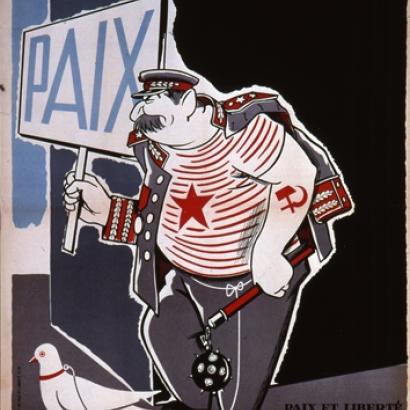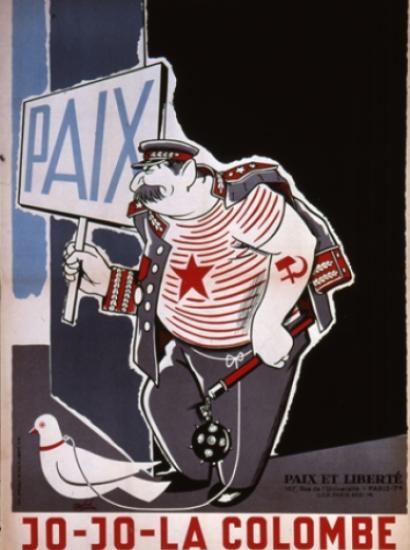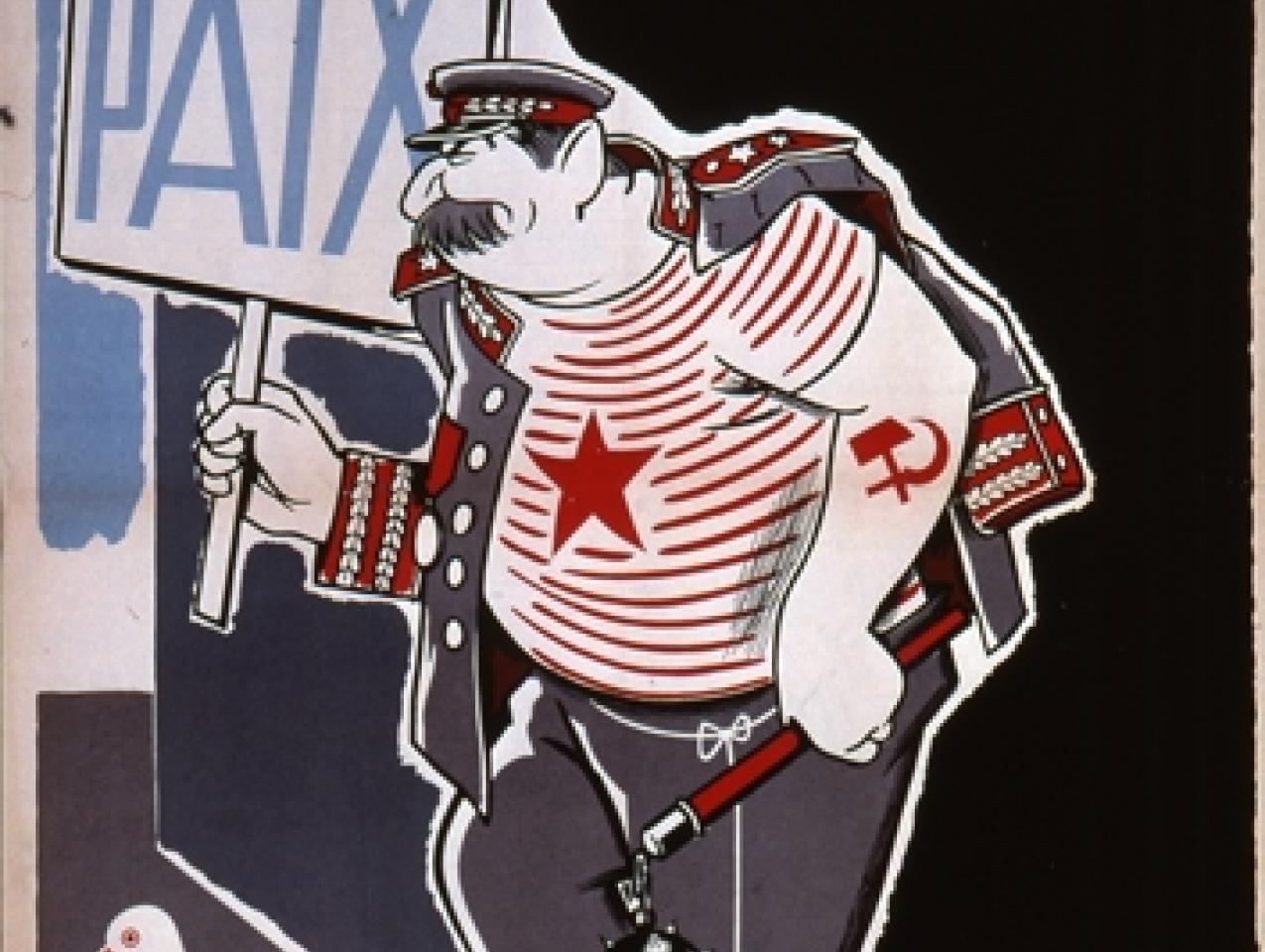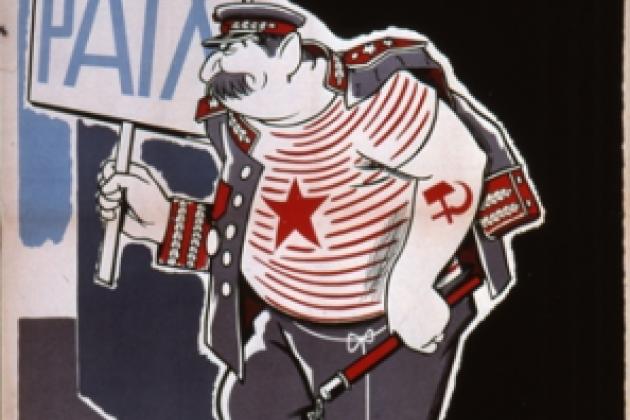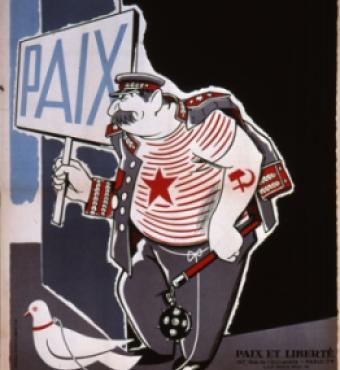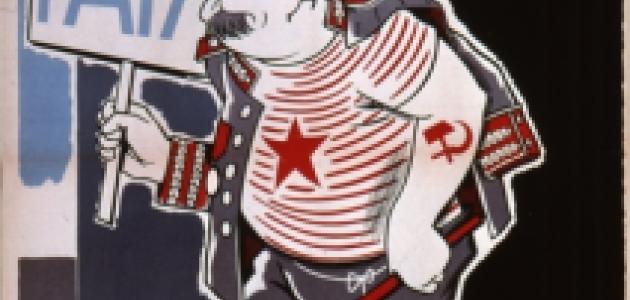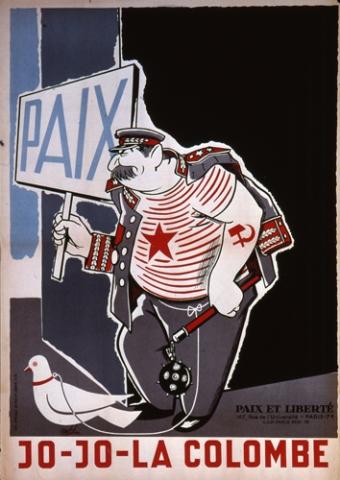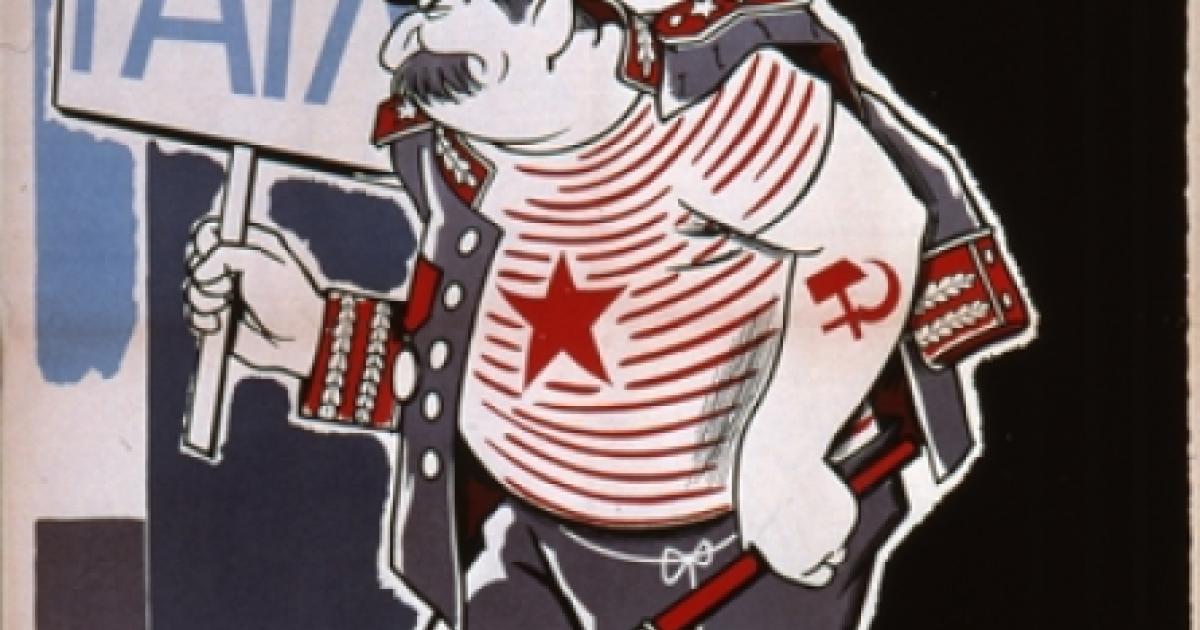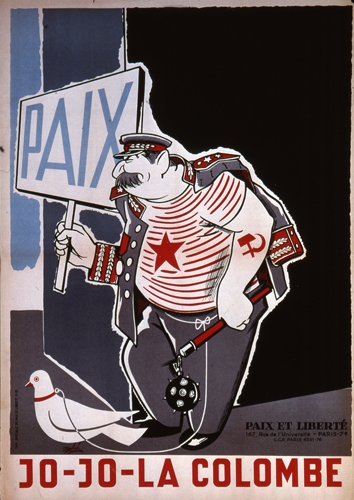
Two centuries of official diplomatic relations between the United States and the Czarist and then the Soviet empires; a rather longer span of private and commercial relations between Americans and Russians, in small part also as Bering Strait neighbors; a peripheral U.S. military intervention on Russian soil in 1918-1920; an intense World War II alliance two decades later immediately followed by almost half a century of harsh global confrontation while the Soviet Empire lasted; and twenty-three years of variegated dealings with Russian rulers, all should condition U.S.-Russian relations in important ways. Anglo-American relations are so conditioned, and U.S.-French relations, and U.S.-Japanese relations, and U.S.-Chinese relations, and so on; in all of them, antecedents are not merely invoked rhetorically or legalistically but actually impinge on every-day dealings, by silently setting constraints, by honoring precedents, norms, and expectations, even by imposing taboos.
But American-Russian relations are different–they are conditioned by the sharply asymmetrical governance of the two sides which can displace all other considerations when it comes to high-visibility political issues (i.e., the most important issues most of the time). While American dealings with the Russian Federation and its peoples are the sum total of a myriad reactions and initiatives by an infinity of individuals and institutions, Russian dealings with the United States and its citizens on high-visibility issues primarily reflect Vladimir Putin’s ad hoc decisions and pro tempore policies. Hence for the United States, the Russian Federation government is at once an enemy, a neutral on some issues, and a weary or peripheral or even an essential partner, depending on Putin’s instantaneous preferences.
That is how it came about that the Russian Federation came to the rescue the President of the United States personally, and the viability of his Administration, this last September, by swiftly forcing the Assad regime of Syria to give up its chemical weapons entirely, just as President Obama was about to stake his own authority and the credibility of his Administration on Congressional approval for the use of force, which was by no means assured, and which would have required a majority to vote as if he himself would never have voted, if Obama were still a senator. For the Russian Federation the alternative was to stand by impotently while the United States bombed Russia’s only ally in the world–a perfectly good reason for Putin to act as he did.
It was not the Russian Federation that made the decision, but Vladimir Putin entirely and exclusively, within the context of his personal politics, in which the justification for his own autocratic power proceeds from his systematic, multi-media portrayal of the Russian people as beleaguered by a great variety of infinitely malevolent enemies, and whose security and welfare therefore require his own vigilant, authoritarian rule. In the long run China could fulfill the role of chief enemy very well–there are already recurrent (and baseless) demographic panics over eastern Siberia–but for the time being, even in their diminished condition, Russians accept only the United States in that role, alongside lesser enemies as varied as the European Union (now trying to steal the Ukraine), and bands of Wahabi jihadists. Accordingly Putin’s own favored broadcaster to the world, the closely directed RT global television channel, systematically depicts the United States as both a failed state beset by incurable socio-economic travails, and also as a persistent, all-round enemy of Russia and the Russian people, ever ready to use every possible instrument from strategic bombing to supposedly altruistic NGOs to impoverish, weaken, and humiliate the Russian people.
It follows that the decision to rescue the Obama Administration from its cruel predicament could have gone the other way. Putin could have calculated that his own personal political authority would be better enhanced by the collapse of Obama’s in the wake of a Congressional refusal; or else, in the event of Congressional approval, that the justification for his authoritarian rule would be greatly strengthened by the spectacle of chronically aggressive Americans attacking Russia’s ally Syria, alongside their own murderous jihadi allies. Either way, there would have been no Russian intervention.
The larger meaning of the episode is that in regard to all matters that Putin cares to decide (i.e., the most important matters at least from his point of view), Russo-American relations are ahistorical, or rather unhistorical in a fundamental way–anything may happen at any time, with no precedents, norms, expectations, or taboos to stand in the way. That too is a consequence of autocracy.
Another consequence of Putin’s politics is of course the futility of any US attempts to “reset” relations with the Russian Government. If Putin’s politics were to change, he would do the resetting all by himself.
Two things stand apart from this unhistorical relationship, and which are therefore historically conditioned in all the usual ways: American relations with Russia and its peoples (i.e., the sum total of the reactions and initiatives of American institutions and individuals that relate directly, or impinge in some significant way, on Russia and the Russians). For all their infinite variety, they can be characterized very simply: they are utterly subversive, continuously corrosive of Putin’s authority, an ever-present threat to his power. That is inevitable: America’s loud and undisciplined existence is itself a permanent, most powerful threat to every authoritarian custom, system or culture, from the institution of the family to Islam, and of course the Russian as well as the Chinese political systems.
Another, and much larger thing that is not determined by Putin’s autocracy is the entire, multi-lateral complex of U.S.-Russian strategic relations, of which Putin only controls the Russian end of the strictly bilateral part. Strategy is stronger than politics for this reason also–it is inherently, if implicitly, multilateral. A prime example is Russia’s unwitting role as America’s ally against China at two removes, because it is still India’s chief supplier of armaments, and its joint-venture partner in the development of the intended future tactical aircraft of the Russian as well as Indian air force, the so-called 5th generation successor of the latest Sukhoi PAK-FA. Regardless of the state of U.S.-Indian relations–successive Indian governments continue to expect immediate and unstinting U.S. strategic support if threatened by China, while they themselves remain entirely unwilling to directly support the U.S. in any of its ventures–the Russo-Indian connection favors U.S. strategic interests because China will not be able import that aircraft as it imported its predecessors (still by far the most effective fighters in Chinese service). It also favors U.S. strategic interests much more broadly, by setting limits on Russo-Chinese strategic cooperation–which the Chinese side would certainly want to broaden.
This week’s sensational news that the Japanese government has agreed to set aside its claim to the “Northern territories” (a handful of small islands), to discuss strategic cooperation with Russia in a substantive way, and that the Russians took the initiative in pressing for an early meeting, could open the way for a much more important Russo-American alliance, only once removed.
More prosaic, but certainly more important in their totality, are the many cooperative strands in the multilateral complex of U.S.-Russian strategic relations, including those that started in Soviet days, notably efforts to impede the acquisition of nuclear weapons by third parties. In regard to all matters into which Putin chooses not to intrude, the weight of history is indeed manifest by way of precedents, norms and expectations, and even taboos. By contrast, the intensely adversarial stance mandated by Putin’s politics, as well as left-over Cold War suspicions on both sides, clearly impede purely bilateral attempts at cooperation, for example to exchange Intelligence on terrorists, as the Boston Marathon outrage indicates.
Yet if China’s regime endures, highly improbable in the long run, less so while we still live, and the entirety of global strategic relations are therefore recast by the Sino-American confrontation, Russia will once again necessarily become America’s ally, and not China’s.
Strategy is stronger than politics–just as the Czars were forced to side with subversive democracies against their fellow monarchs and cousins, and Stalin could not persevere as Hitler’s ally and was forced instead to become the ally of the hateful British empire, so the relentless shift in the Sino-Russian balance of power imposes an anti-China alignment. Last week’s first-ever Russo-Japanese strategic dialogue is perhaps an anticipation of things to come, and it is most revealing that cooperative strategic talks between Japanese and Russians are fully congruent with the strengthening of the U.S.-Japan alliance. There are other, less favorable anticipations of things to come, notably Germany’s new tendency to abstain from American-led initiatives in general, and its lobbying for a relaxation of the European Union’s arms embargo in particular. In the safe lee of interposed Russia from any possible Chinese invasion, unwilling to assume responsibilities in the wider world beyond Europe, German leaders view China not as a potential threat, but rather as a a highly desirable market, for weapons as well if possible (they are vigorously lobbying fellow Europeans to lift the embargo). And it is not only those well-shielded that may go that way: South Korea most notably, is quite likely to side with Beijing rather than Washington, partly because of an undeniable cultural affinity, and intensely profitable economic relations, but also because deep internal divisions mandate emotional stances to foreign powers which transmute friends into enemies and vice versa, thus precluding strategic competence.
Because strategy is stronger than politics, whenever conflict, or much more often, the anticipation of possible conflict opens the door to strategic logic, the latter prevails not merely on politics (once driving “right-wing” Nixon to Mao’s bedside) but also on the entire weight of history that politics conveys, with its precedents, norms, expectations, and taboos. Between that detraction and Putin’s autocracy there is much to make Russo-American relations unhistorical, with present and future outranking the past we may remember too well. And in that future, one may most easily see a convergence between Washington and Moscow to contain Beijing–which requires no greater closeness between Americans in all their variety and Russia’s regime than there was with China (at the peak of Maoist extremism) when Washington and Beijing converged in the 1970s to contain the Soviet Union.







